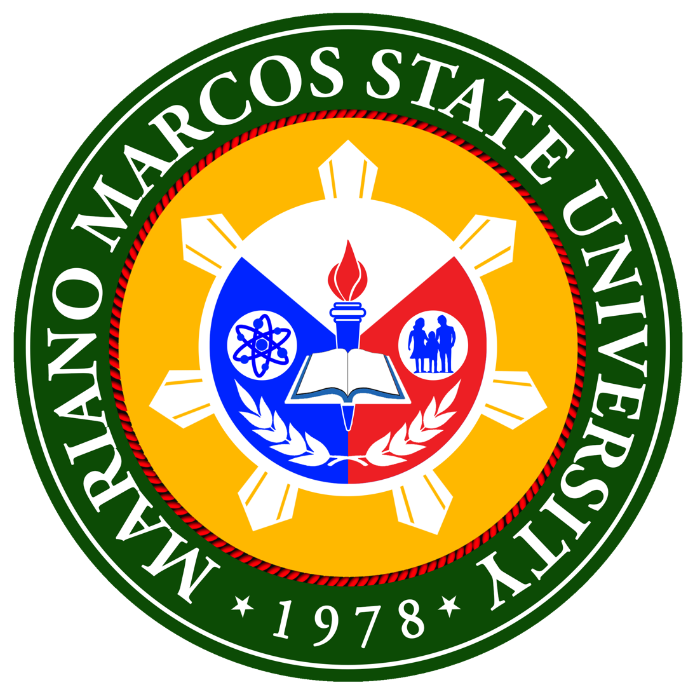Batac farmers to use MMSU farmlands
About 207 farmers from barangays Tabug and Quiling Sur in Batac City will use the landholdings of MMSU through the Coordinated Agribusiness, Research, and Extension Strategies for Technology Promotions, Utilization, and Transfer (CARES) program this year.
The CARES program, which was unveiled on January 31, aims to share the latest production technologies developed by MMSU, and properly address the ever increasing number of farmers cultivating the farms.
During the launch, MMSU President Shirley C. Agrupis thanked the farmer-cooperators for being part of the program, assuring that the university will try its best to address their production needs and concerns through the CARES program.
“We have opened the doors of MMSU so that you can get in touch with us anytime you need our help,” Dr. Agrupis said, adding that the university would closely monitor the farmers’ activities and would improve its farm facilities for sustainable farming.
Meanwhile, Dr. Stanley Malab, executive assistant to the MMSU president and was one of the proponents of CARES, said the program requires an improved and efficient interdepartmental and cross-institutional coordination.
“That is why we assigned a Coordinating Committee which will explore new programs for improved coordination and cooperation among the partner-agencies, and for proper implementation among farmer-cooperators,” he explained.
Dr. Malab said there are three “transformative strategies” that will be applied to ensure the effectiveness of the CARES Program: demonstration of extension and outreach programs; conduct of relevant researches on technology transfer and promotion; and improving revenue generation, collection, and management of farmlands allocated for agribusiness purposes. It will utilize technologies to optimize energy efficiency by using solar and green energy.
The first phase of the CARES Program will be implemented in the contiguous 26-hectare farmland, with 77 farm lots of 3,000-square meter per lot, in Quiling Sur through infrastructure development and farming activities.
The infrastructure development will start this year and will be completed in 2020. This will be done through re-measurement of the 26-hectare farmland into 3,000 square meters per lot, posting of 8"x8"x30" concrete markers in the corners of every lot, construction of 2,510-meter lateral canal and 1,210-meter sub-main canal, establishment of three small farm reservoirs, and drilling of 20 shallow tube wells.
On the other hand, actual farming activities will start in June after the signing of the farming contracts, planting protocols, and other capacity-building meetings. In collaboration with the Philippine Rice Research Institute, the farmer-cooperators will be trained as contract seed growers and be introduced to new rice varieties.
In addition, they will plant three rice varieties produced by MMSU under its SeedNet program — PSB RC 82, NSIC RC 160, and NSIC Rc 180; four varieties of corn – Glut 1, Lagkitan, white corn, and yellow corn; and other high-value commercial crops such as garlic, and tomato, among other vegetables .
Written By:
admin

